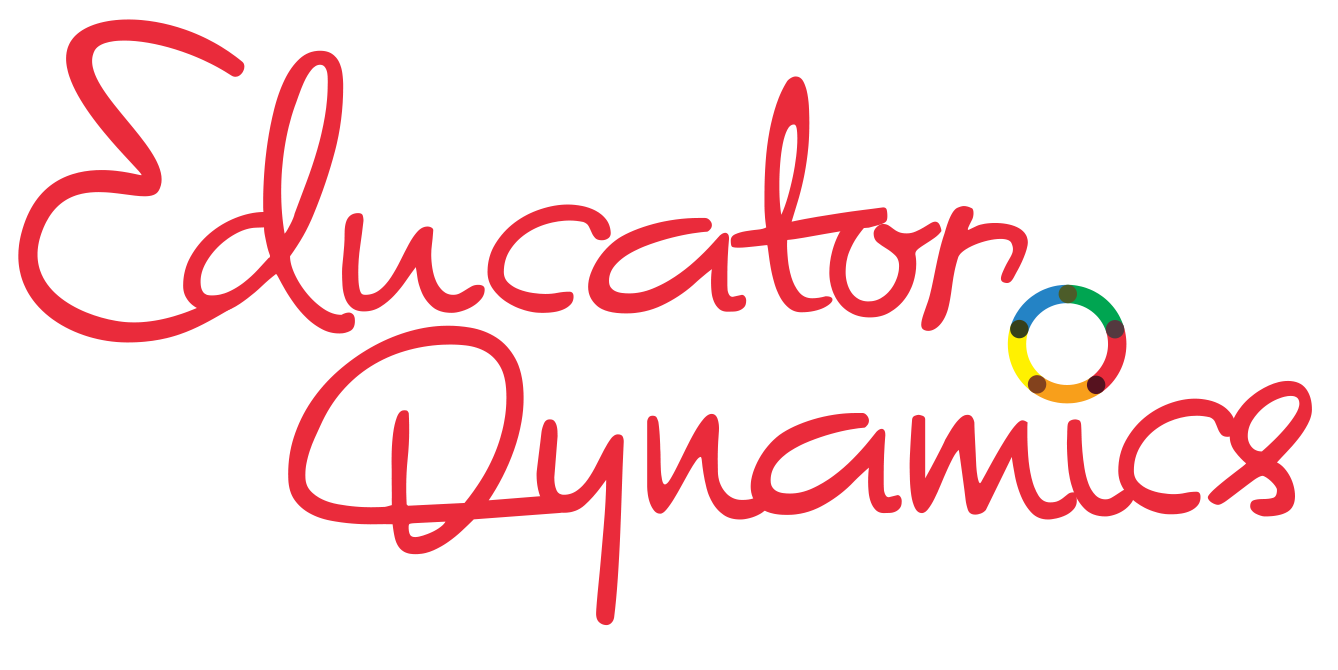Ignorance Isn’t Bliss: The Changing Value of Education
Ignorance isn’t bliss. It’s frustration. It’s trying to put a puzzle together, but half of the pieces are missing…and half are upside down…and half haven’t been cut well enough to fit anywhere…and half are from entirely different puzzles. It’s not knowing why the math in that analogy doesn’t work.
Knowledge Matters
Curriculums based around skill development at the expense—disregard, even—of knowledge have failed. They’ve led to kids “drawing clowns” when they should be “drawing conclusions,” unable to recognize the more sophisticated word “conclusions” or to engage with a different definition of the word “draw.”
Our system of education was built for a very different era, and this machine doesn’t serve our students or our educators today.
Just ask Sarah Webb, an edupreneur who understood that her fifth and eighth grade students needed complex tools to approach their complex lives. Or Natalie Wexler, the author of The Knowledge Gap: The Hidden Cause of America’s Broken Education System—And How to Fix It.
Context Is Crucial to Any Curriculum
The knowledge gap refers to the way children of higher socioeconomic statuses acquire information at a greater rate than their poorer peers. They also learn sophisticated critical-thinking and comprehension skills more readily. Kids with more background knowledge and vocabulary from home are better prepared to make sense of new material. This advantage applies both to new, concrete facts about the world and to abstract concepts such as main ideas or comparisons.
In addition, students are more engaged by knowledge-focused teaching. They’d rather learn about things than wrestle with the metacognitive task of learning mental processes for their own sake. With the wisdom of the young, they gravitate towards the truth that the value of education is in what you know, not in test scores or a piece of paper that says you got this grade or that diploma.
Crisis is Opportunity
We need to flip the entire system on its head and return to the true purpose of education. We need to do what is best for our children rather than doing things a certain way because we always have before.
The world went and got us started by turning upside down all on its own. The new challenges posed by COVID-19 have demanded that we reevaluate and change our teaching strategies. Part of this overhaul must confront different home environments and levels of access to information, but we shouldn’t stop there.
Our Education System Needs Edupreneurs
We believe the moment has come for radical change within our education system.
Do you feel the same way? Are you fed up with the status quo complacency of your education system and fired up to become an agent for change? Do you think the system of education should grow and change the way other industries do?
Perhaps you have an idea for inside or outside your classroom that could change the education system as we know it. Or perhaps you have the openness and sense of purpose from which great ideas spring.
You’re ready to emerge as an Edupreneur. Become one today—here’s how.
